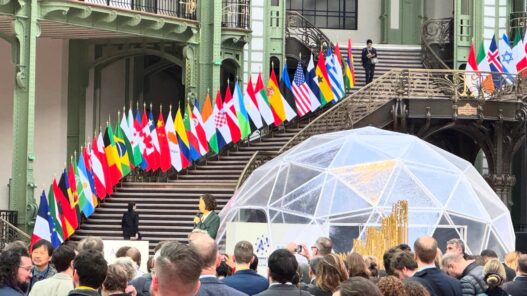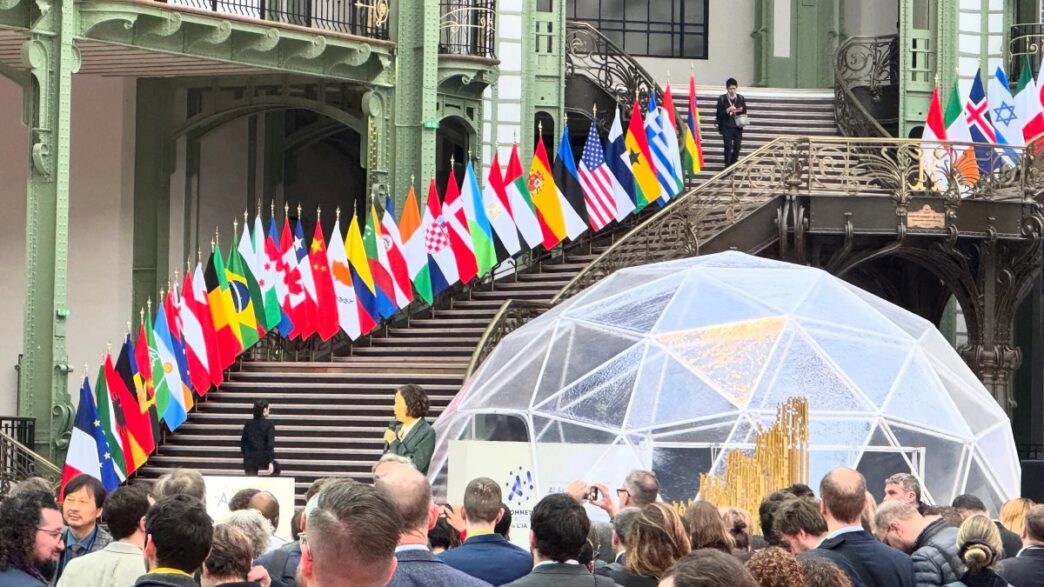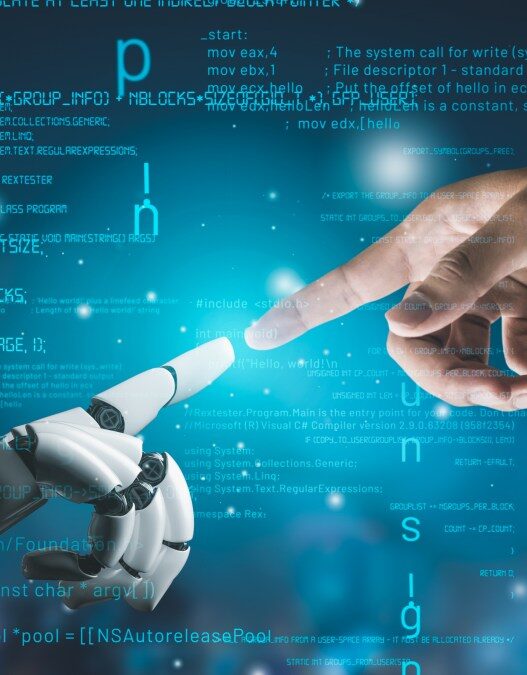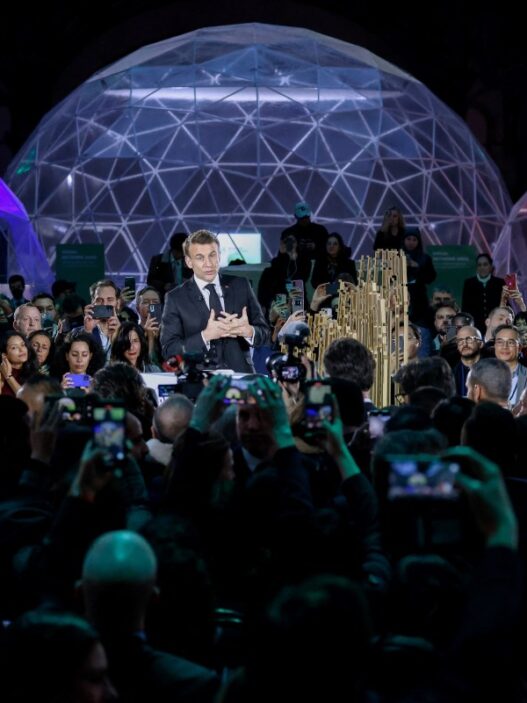Fei-FEI LI, Stanford researcher who also established World Labs, was invited to Grand Palais in Paris on Monday to deliver the opening speech at the top of artificial intelligence work to be held this week.
While some conversation points participated in the weekend, its position on the list of artificial intelligence and the ecosystems of Amnesty International was interesting. She managed to appear on both technology/anti -technology technology laboratories at the same time.
“We need to invest in the healthiest and more vital ecosystems, as academic and society can produce,” she told conference delegates. “Open societies and the public sector can all participate and play their decisive role alongside major companies in pushing this technology forward. If artificial intelligence will change the world, we need everyone from all aspects of life to obtain a role in shaping this change.”
“If these resources are concentrated in a few companies, the environmental system of Amnesty International will suffer from the lack of research based on curiosity, the most important educational talent, open source efforts, and multidisciplinary explorations,” added Fei-FEI.
Meanwhile, she shared her concerns about artificial intelligence organization all over the world. No government or laws in particular – but called for a more pragmatic approach.
For beginners, it is necessary to judge on the basis of science, not science fiction. Many artificial intelligence conversations are covered today and lead to misleading policies of artificial intelligence governance. Instead, we need to apply a much more scientific method in assessing, measuring the ability and restrictions of artificial intelligence, which can lead to mutual consent to more accurate and implemented policies around it in reality. “
It also warned of unnecessary restrictions on artificial intelligence research.
“In turn, this leads me to the second point of embracing a pragmatic position instead of the ideological situation when it comes to the virtue of artificial intelligence. She said artificial intelligence is about to be a strong technology that can help us to live and work better if it is used well.”
She added: “Instead of impeding the source exploring to search this very small technology, we must focus on practical applications so that we can ensure its charitable use to protect against harmful results.”
According to Fei-FEI, historians will look at this period of time and call it the first real age of artificial intelligence, which can have “civilized consequences”.
But while she admitted that the jobs are likely to be affected by the progress of artificial intelligence, she also said that she believes that artificial intelligence has the ability to “increase and empower” – assuming that, that is, policy makers, artificial intelligence companies and the research community correct decisions.
It is expected that government leaders and executives of technology will sign and exchange a statement at the end of the action summit of artificial intelligence on Tuesday.












